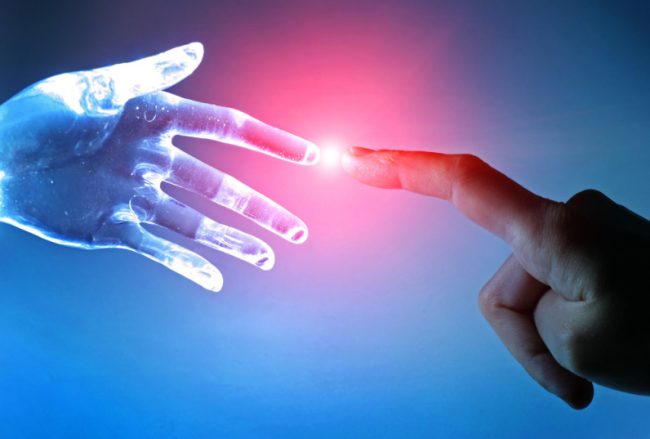AI is going to have positive impact where Science, health and technology is concerned. Think of low crime rates, fraud detection, better engineering/medical solutions, and instant information access. But when it comes to day to day life of majority of people, it is better rather than bad. We are already the laziest generation alive. Relations are harder to form, we are stuck to our screens all the time. Interaction with people outside the family or friends are awkward for many people. Throw in AI would be solving our problems and soon we have a vision of Wall-E on us.

The definitions and meaning of art changes over time and from one culture to another. Art in the 15th century had different standards than the art in the 20th century. Chinese art is different from the European art. One definition of art is: anything that broadens our mind, consciousness or shows us something that we had not been aware of previously. Regarding painting, we can distinguish two elements in art: the subject matter and the technique used by the artist. Compare for instance Rembrandt and Van Gogh.
Rembrandt used optical representations – clair-obscure and linear perspective. He painted what his eye saw, including the dramatic play of light and shadow. Van Gogh (in his later work) discarded optical representation. His famous Sunflowers paintings have no external light source, and hence no shadows. His paintings are not copies op optical reality, but a reality in and by themselves. If “friendly” Artificially Intelligent agents with human level intelligence are deployed in society, the following would occur :
ALSO READ: WhatsApp Is Planning To Set Up Its India Office In Hyderabad
Positive consequences:
- Increase in productivity
- Increase in quality of life
- More efficient inter-human transactions by fixing trust deficit
- Removal of the need to do menial ,stressful or repetitive jobs.
- Better public-policy implementation, civil administration, democracy. Using AI to run societies and countries would bring in significant transparency in administration ; and therefore expose the prevalent hypocrisy of governments and politicians
- Reduction in crime, more social conformity
- Better international integration (since AI agents can impart language skills on demand, translate on demand ,enable familiarity with other cultures by showcasing experiences)
Negative consequences:
- Job lossesboth in less skilled and highly skilled jobs
- If AI deployment happens under the wrong economic policies, there will be a short-term rise in social inequalityand a fall in social mobility
- Impact on predominantly gender based rolese., the deployment of robots in a field where one gender is predominantly represented would disproportionately affect people of that gender
- Possibility oflack of motivation in humans, the risk that more humans will spending time on entertainment and self gratification without a sense of purpose, without participating effectively in society
- Possiblemisuse of AI by state actors to enforce a distorted set of policies over a political territory , holding society hostage to 21st century values and preventing justified dissent
- If there is any attempt by governments to mitigate AI impact on humans by enforcing a population policy on society, it might result in gender imbalance and social turmoil.

The rapid deployment of AI agents should be avoided – A more gradual deployment would give humanity time to get used to “friendly” AI. A gradual pace of AI deployment , over a period of three generations, would provide a sufficient adjustment period and would help society to absorb the shock of job losses and devise compensation policies / population policies.
For those displaced from jobs due to robot deployment, short term/medium term compensation would be necessary. A fund could be setup for job-displaced humans and the some conditions set for compensation. For example, a condition for compensation could that the humans seeking compensation should get trained on how to create, manage,control and supervise AI systems.









